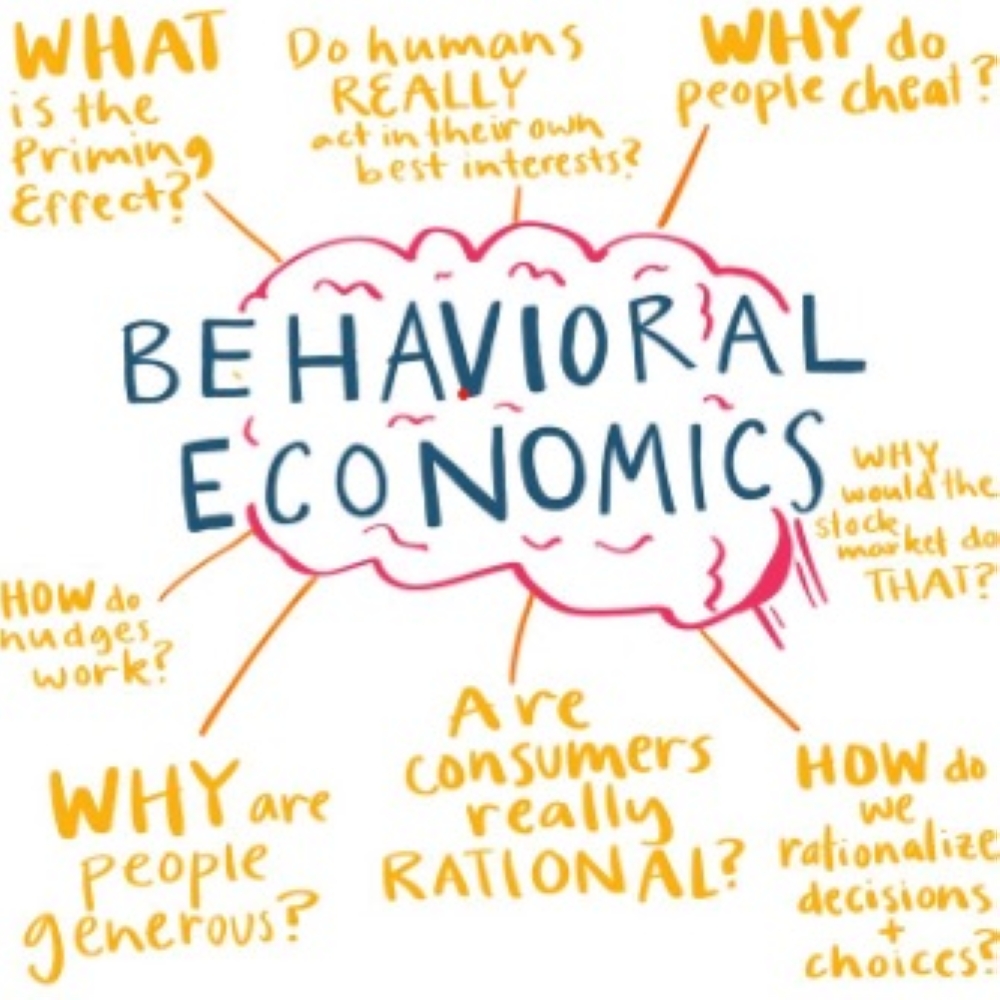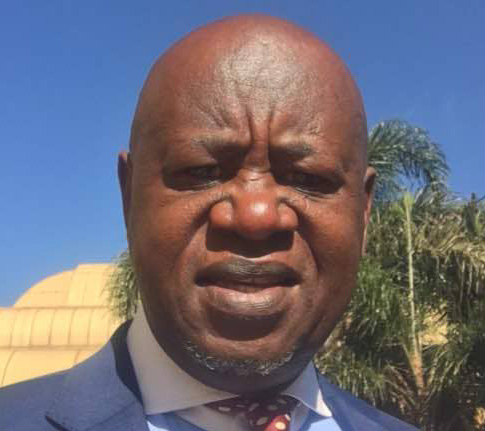

Previously I shared ideas on complexity economics and suggested that most economies have become complex, adaptive and dynamic systems, where it is inherently difficult to prescribe or predict outcomes and responses to particular economic policy changes. They are characterised by complex unpredictable interactions amongst several networks (be they formal or informal, local or foreign) and these interactions are dynamic and are continuously evolving with their own "emerging phenomena” to shape the macro economy. Complexity economics challenges fundamental orthodox assumptions of neo classical economics and seeks to move beyond market transactions, static equilibrium analysis and the perfectly rational, self-interested individuals.
Various schools of economic thought outside the neoclassical mainstream fall under the term ‘heterodox economics’. This term is used to describe any innovative way of thinking about the economy.
The Institute for Public Policy Research (IPPR) published a paper titled; "A Complex New World: Translating new economic thinking into public policy”. According to this paper, there are three strands of heterodox economics: complexity economics (which I have covered), evolutionary and behavioural economics. Each of these offers different insights into economic analysis by seeking a more accurate representation of the economy, and in so doing opens up new possibilities for policymakers.
Evolutionary economics is defined as; "An economic system which involves endogenous change, a process of selection, continuous adaptation and multiplication. As a result of experience and adaptation, some economic strategies and decisions work and some fail. This process of continuous knowledge gathering and adaptation is driven by feedback mechanisms and the interactions between economic actors and their environment.”
."Evolutionary economics emphasises the crucial role of history in shaping the future. Past interactions and decisions have major impacts on the economy – a characteristic known as path dependence – and any initial small changes in an economy can produce drastic downstream effects, partially driven by networks and cross-cutting hierarchical organisation. Economic outcomes are determined not only by current conditions but also by previous decisions and initial conditions. Adaptation and innovation are central to the evolutionary economics.”
What are the implication of evolutionary economics?
First policy makers must seek to understand this phenomenon in order to make better and effective economic policies. Second, we simply have to encourage and invest more in innovation through, for example, innovation hubs in key future strategic sectors such as manufacturing, agriculture, mining, education, health, new technologies, and ICT. These must be geared towards value addition away from primary products. Innovation is central to evolutionary economics. Indeed, innovation implies experimentation with new forms of physical technology, social technology and business techniques which – as history tells us – are core drivers of increases in efficiency and productivity, economic growth and the generation of wealth.
We also have to strengthen our patent rights, quality standards and competition rules to protect our innovative entrepreneurs, We need to incentivise private sector funded research especially in the use of new technologies, new breeds, new seeds, new processes, new products and so on. In my opinion, progressive economies require and need "Centre for Research and Innovation’ (CRI) which aggressively promotes innovation and research at academic production and industrial levels.
We then have behavioural economics as the third part of "heterodox economics”. The psychology of human beings is central to that of the behavioural economists. In short, behavioural economics is a combination of psychology and economics which suggests that there are limits to human rationality in decision-making.
Behavioural economists believe decision-makers exhibit what they call "bounded rationality”, "bounded self-interest” and "bounded willpower”. Bounded rationality recognises the limitations economic actors face when it comes to decision-making. Bounded self-interest means that self-interest is usually bounded by a sense of fairness. Bounded willpower acknowledges that economic actors at times find it difficult to make decisions that will benefit them in the long term.
"When making decisions, consumers cut corners. They use rules of thumb (heuristics) rather than gather all the relevant available information (an impossible task anyway); they reach different conclusions depending on how a problem is framed to them; and they avoid taking decisions that might lead to perceived losses. Acknowledging the psychology of individuals in decision-making leads to better policy decisions.”
Policymakers’ cannot afford to ignore the psychology that drives consumers to react in particular ways to particular economic issues that affect them. Neo classical economics assumes that consumers have unbounded rationality and behave in a uniform predictable manner. Its economic analysis and modelling is therefore based on the wrong assumptions and ignores the psychology that drives consumer behaviours. Consumers and economic actors do not possess the flawless ability to maximise benefit by weighing all available alternatives presented to them. There are flaws and imperfections associated with their decision-making which neo-classical theory conveniently discounts.
In order for us to maximise our potential in both human capital and resource base, we need to think differently from the past. We need to adapt new economic thinking which acknowledges a dynamic economy that is full of innovation and adaptation where economic actors are not necessarily rational. That is the only way we can build a prosperous inclusive economy.
In summary, complexity, evolutionary and behavioural thinking puts strong emphasis on dynamics, adaptation, psychology, disequilibrium and innovation. Modern economies are complex adaptive systems change occurs endogenously, rather than as a result of exogenous shocks. Economies operate with constant fluctuation and multiple equilibria.
Policymakers who operate in a neoclassical framework will find it difficult to predict future trends where markets and economies do not return to equilibrium, when agents are not always rational and when uncertainty is in-built into the system. A deeper understanding of the relationship between macro outcomes and individual decisions is therefore needed for effective economic policy formulation.
The message to leadership is therefore clear: Policy formulation which seeks to find effective solutions under complexity can no longer be based on deductive analysis or top-down approaches, but must explore interaction and behaviour using a bottom-up approach. This should definitely create better outcomes and will also ensure the inclusive economic development we all seek.
Vince Musewe is an economist.


